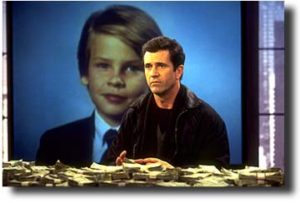 Wikipedia remains a subject of great interest in PR and marketing circles. I have written about it before and even included a section on the internet encyclopedia in my book, How to Protect (Or Destroy) Your Reputation Online. The site continues to confound even the most experienced marketers as Wikipedia’s notorious editors work hard (and even neurotically) to avoid being manipulated by marketing people. Wikipedia is both a search engine darling and a status symbol for individuals and companies.
Wikipedia remains a subject of great interest in PR and marketing circles. I have written about it before and even included a section on the internet encyclopedia in my book, How to Protect (Or Destroy) Your Reputation Online. The site continues to confound even the most experienced marketers as Wikipedia’s notorious editors work hard (and even neurotically) to avoid being manipulated by marketing people. Wikipedia is both a search engine darling and a status symbol for individuals and companies.
If you would like a personal Wikipedia page or one for your business, here are a few things to remember.Read More








